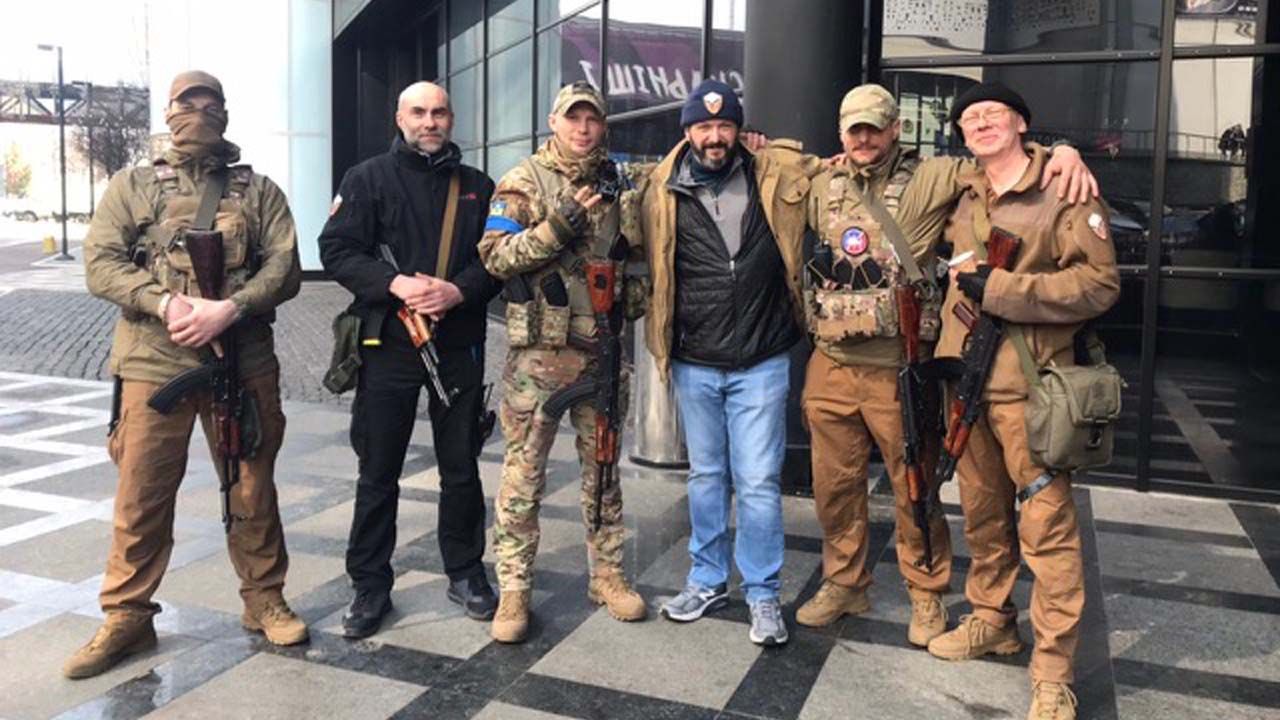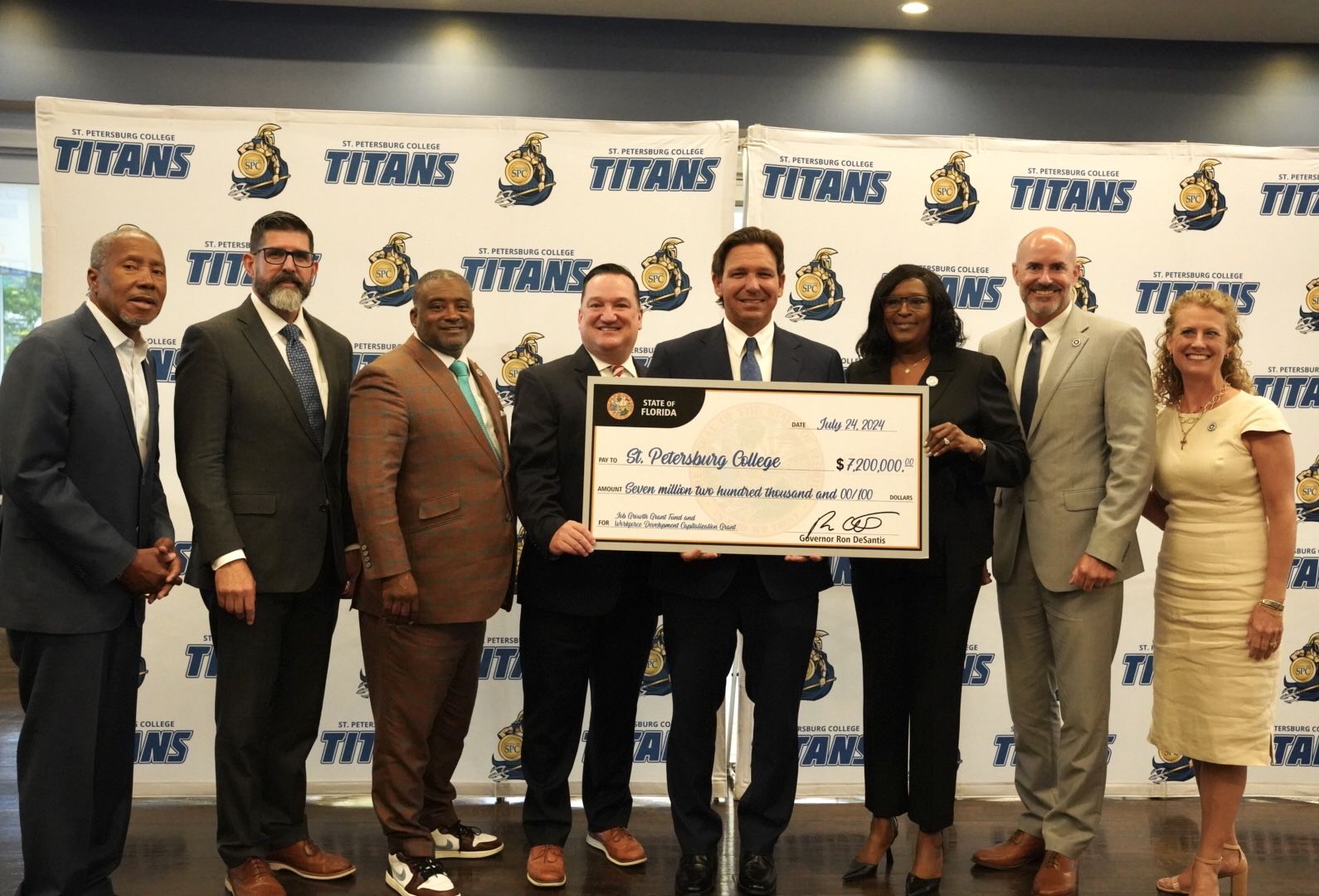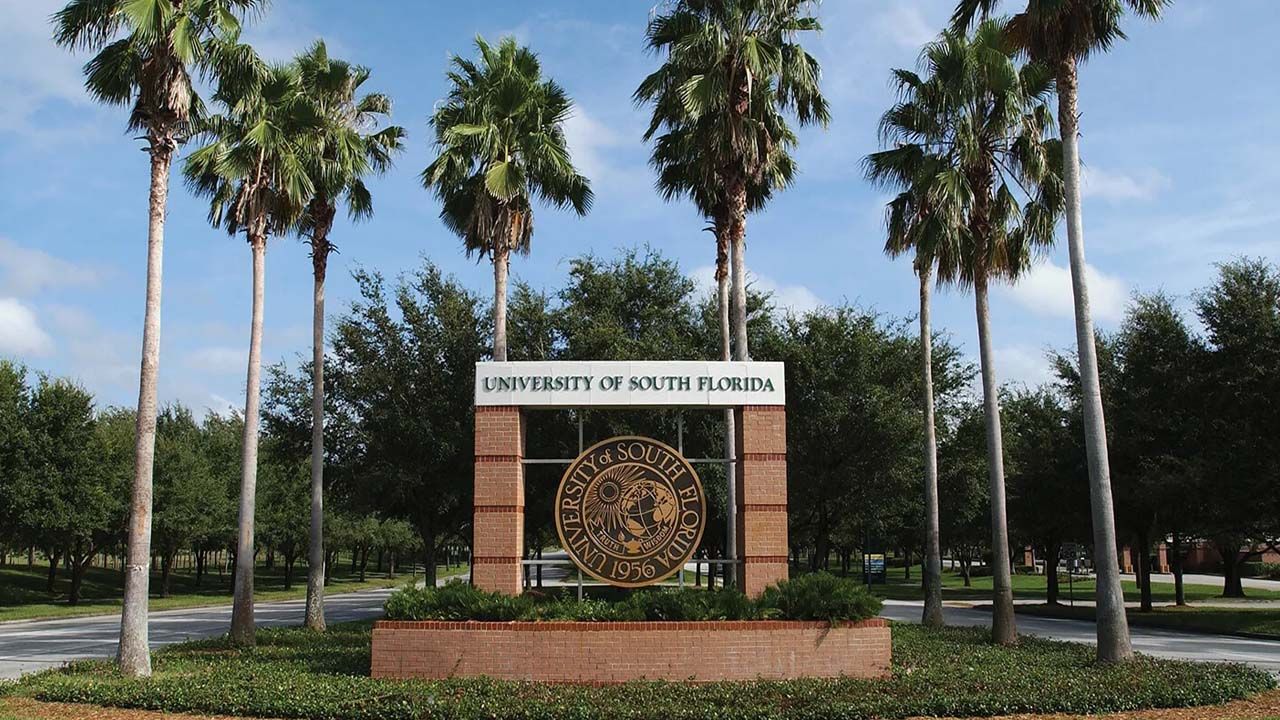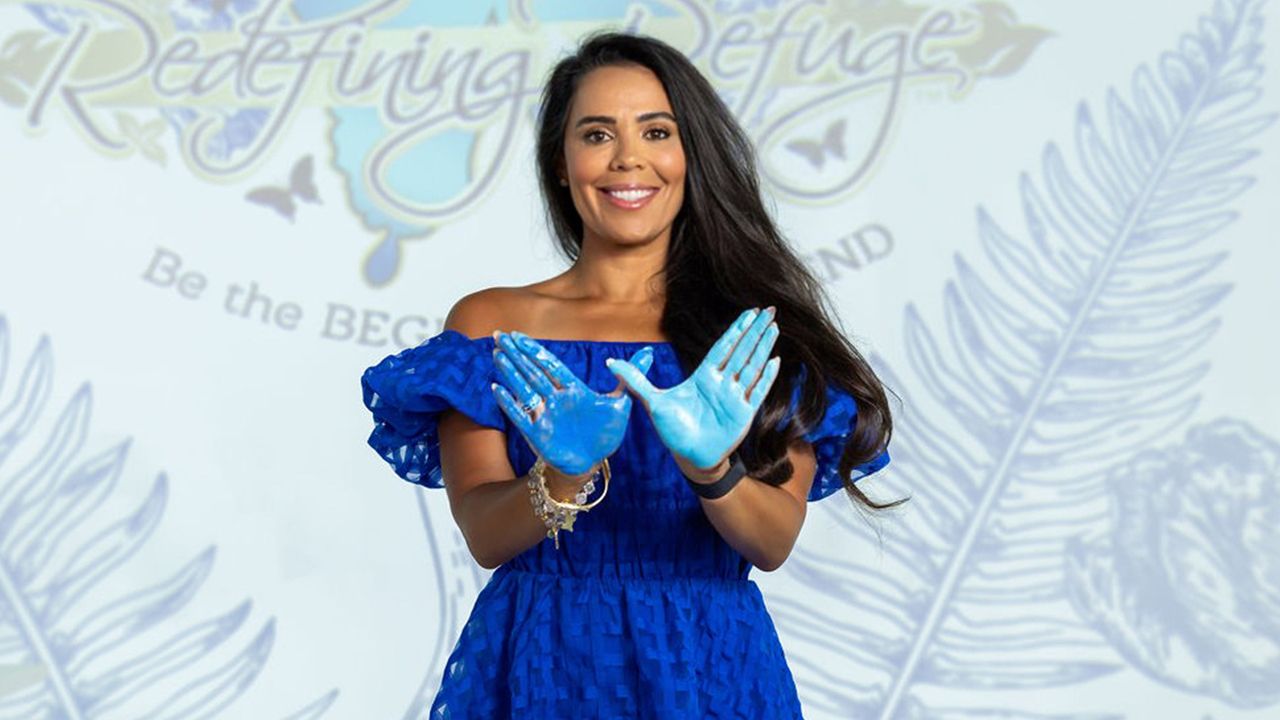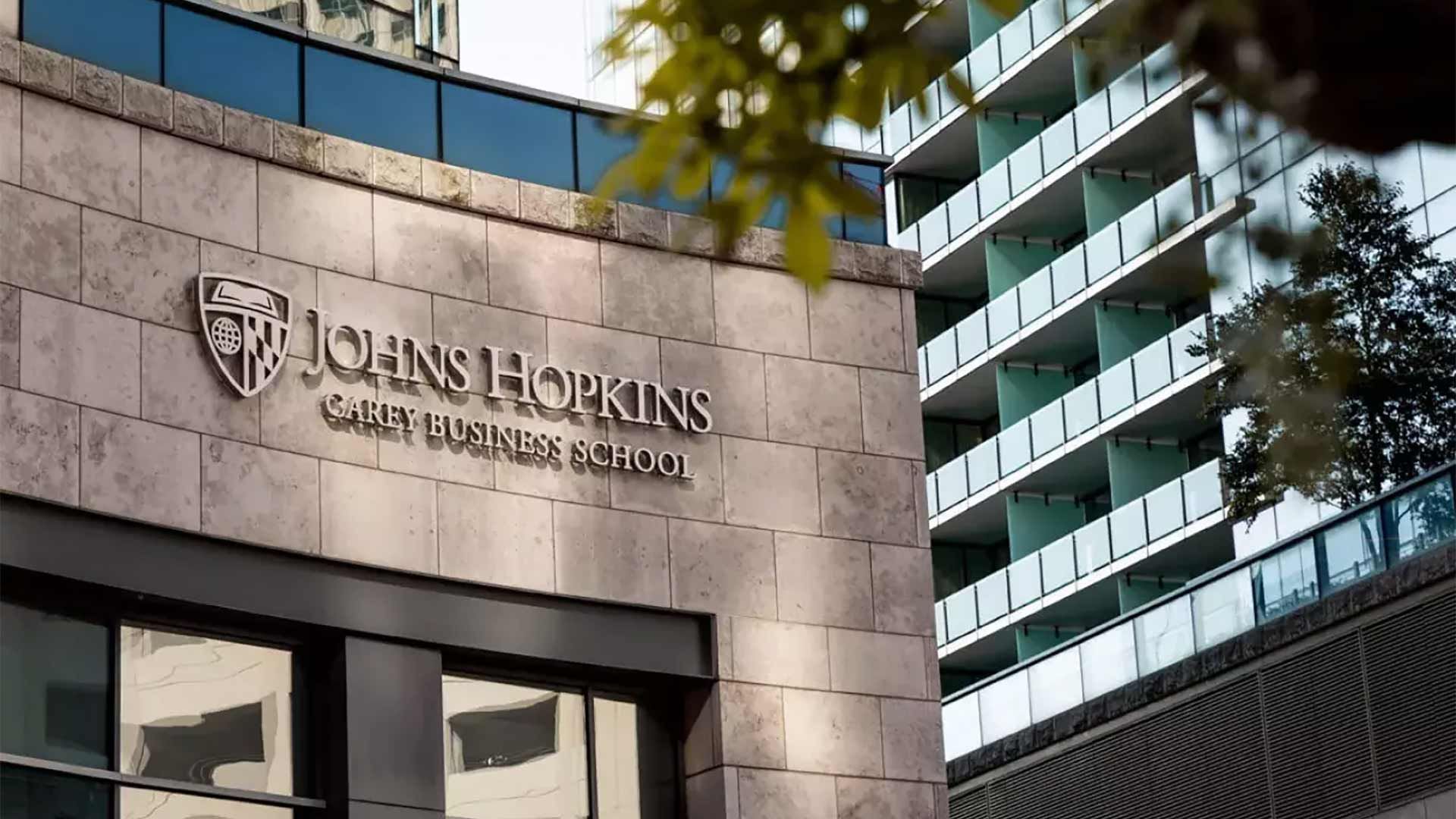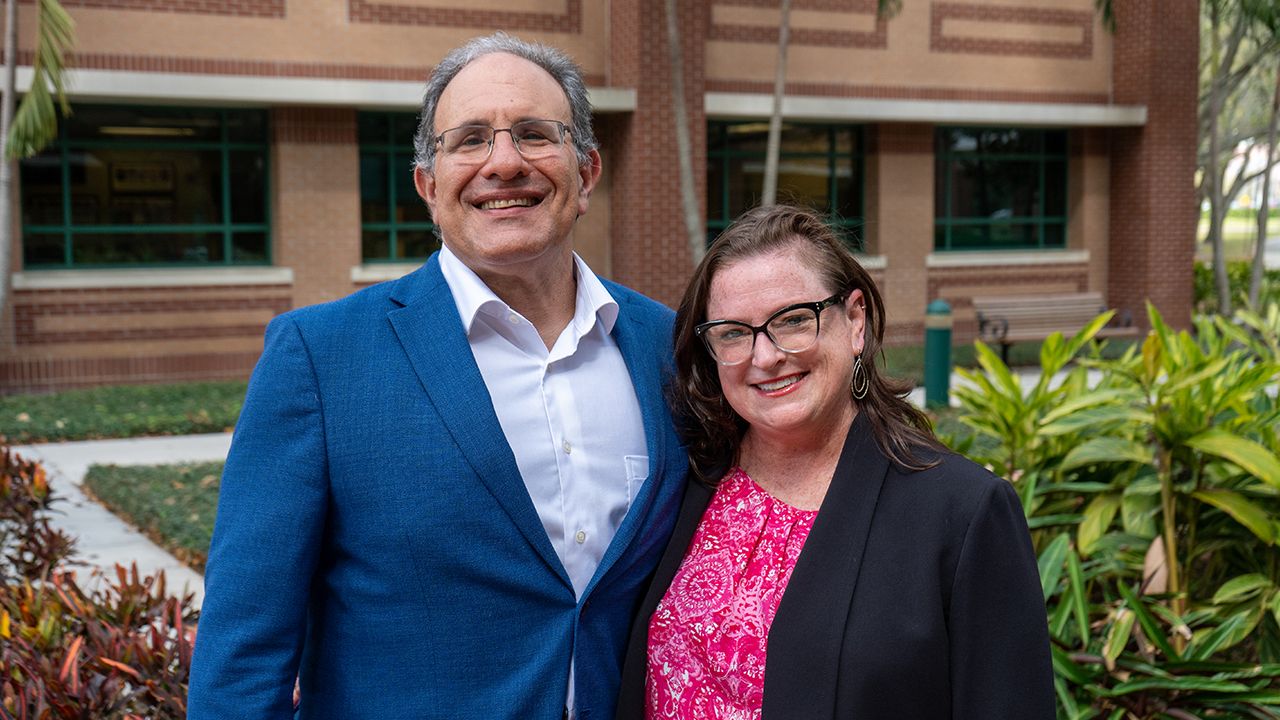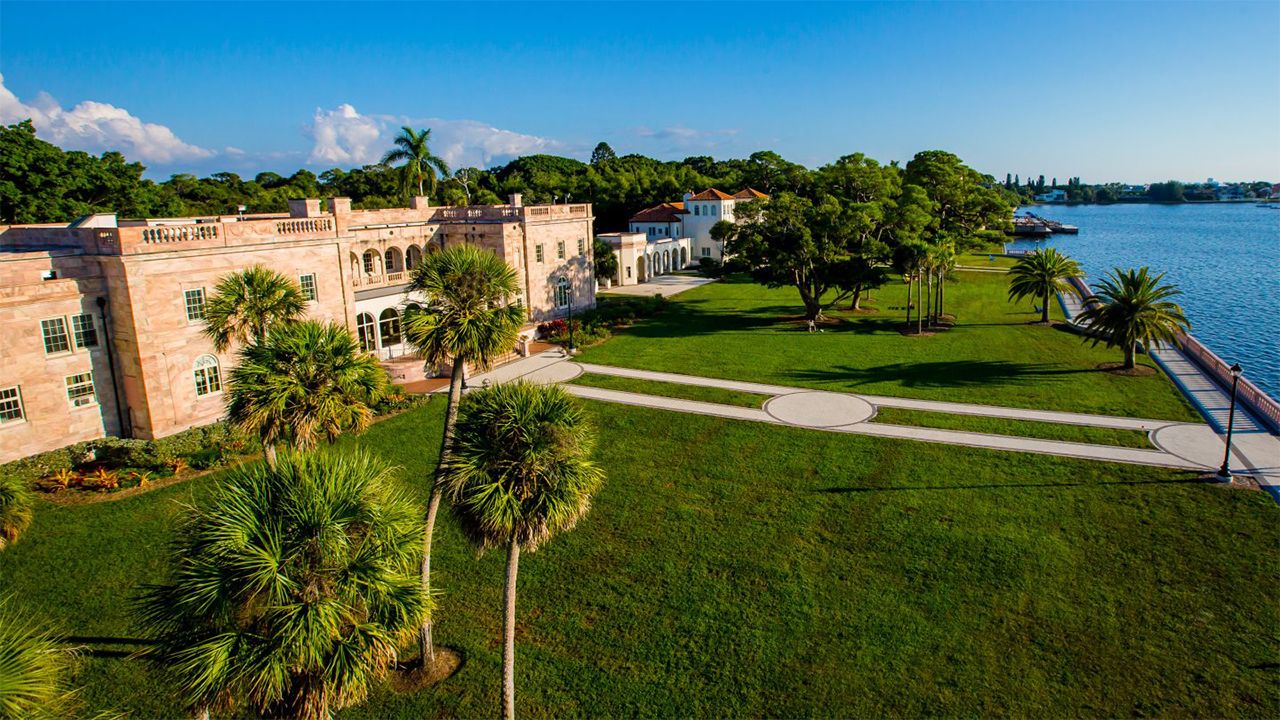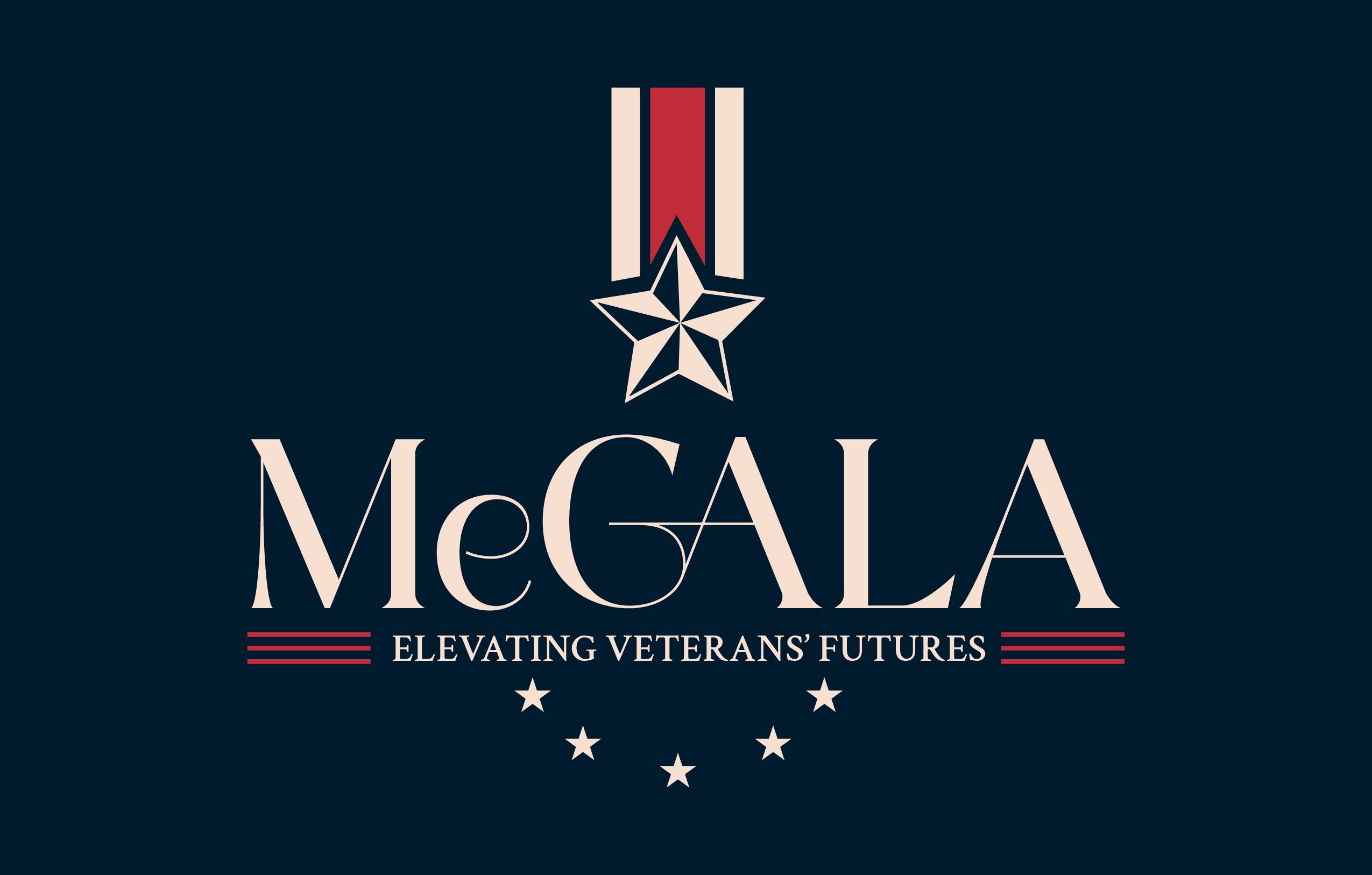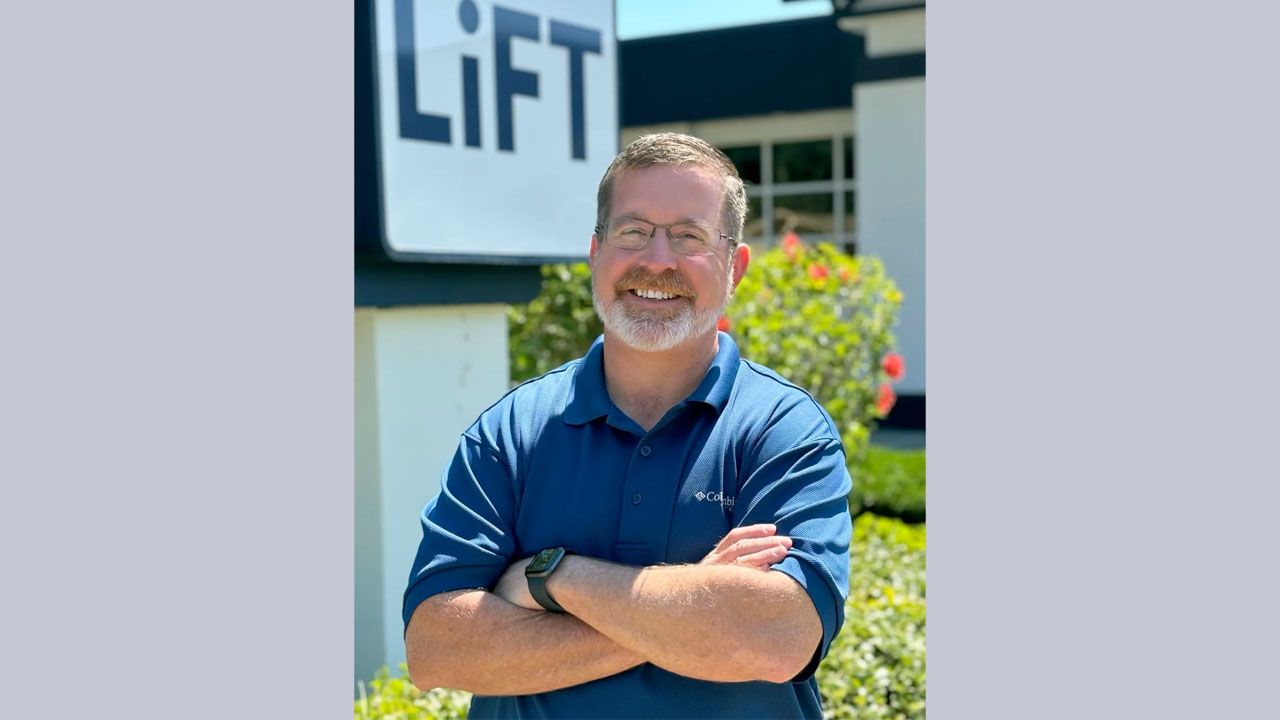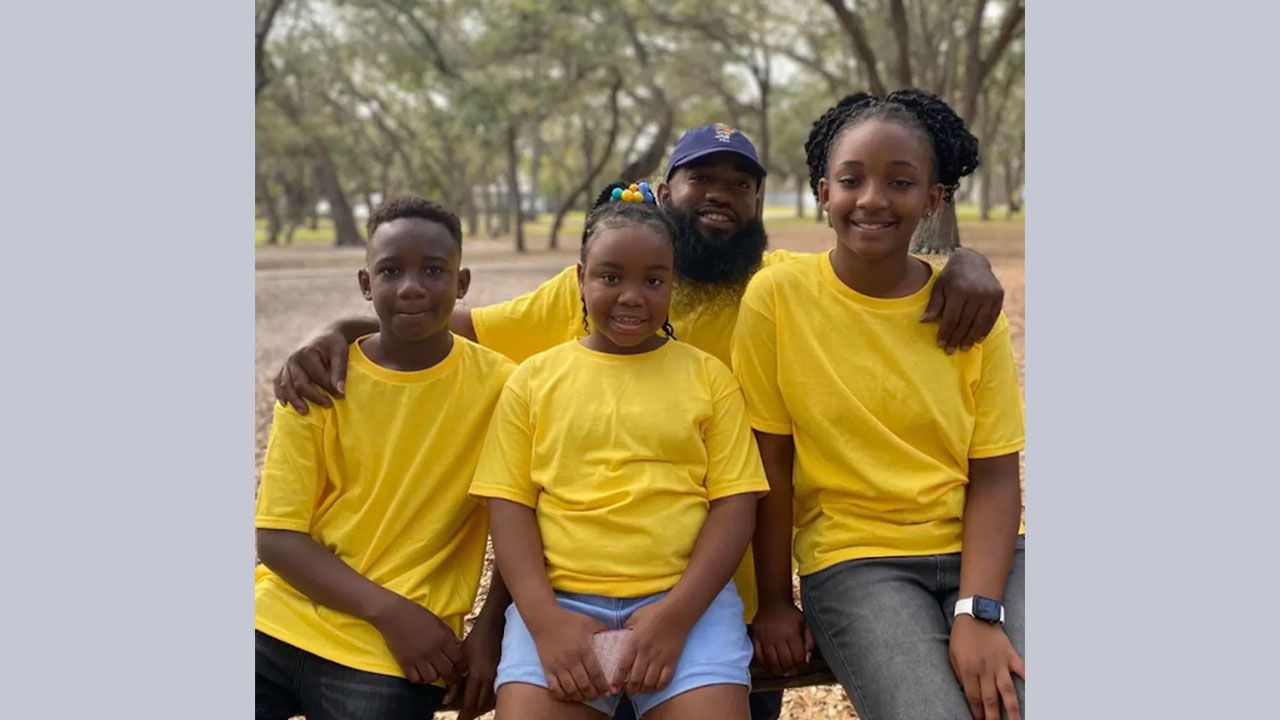It was August 2021, between the American withdrawal from Afghanistan and the 20th anniversary of 9/11, when Bryan Stern met his destiny as a first responder. Stern, a former intelligence operative and agent for the Department of Defense, was cruising 33,000 feet over the Atlantic, using spotty airplane Wi-Fi, when he filed the official paperwork for the nonprofit rescue organization, Project Dynamo.
Dynamo, based in Tampa, focuses on what they call “The Gray Space,” areas where there is no, or ineffective, U.S. government presence. Stern and his team were on their way to Uzbekistan, bordering northern Afghanistan, for their first rescue mission. Although Stern never thought Project Dynamo would last more than three weeks, as he explains: “We were headed into a lot of unknowns, so I wanted to set up things, administratively, as best as we could.”.
Fast forward, almost two years later, and Project Dynamo has rescued nearly 7,000 Americans, allies and partners from Afghanistan, Ukraine and Hurricane Ian, and even inside Russia, with almost 500 successful missions. Featured in diverse publications, from the Washington Post to the Moscow Times, Project Dynamo has gained international recognition with such high profile rescues as the largest private evacuation of U.S. citizens and allies in history (from Kabul in September 2021) to the successful rescue of infant twin babies, trapped in a Russian orphanage, after fighting in Ukraine forced the surrogate mother across the border, the first rescue, in U.S. history, of Americans not via negotiation inside Russia (from St. Petersburg in November 2022).
Closer to home, Stern and his team were the first to arrive in the devastated aftermath of Hurricane Ian, eliciting the help of local fishermen to search for, and rescue, survivors from the cut-off barrier islands such as Sanibel, Pine and others.
For Stern, it’s the culmination of his life’s work, the opportunity to use over 20 years of operational, and leadership, experience to help people who need it when help is not coming.
“My entire career has led me to exactly where I’m supposed to be, doing exactly what I’m supposed to be doing … . I’m not a religious man but Dynamo has made me spiritual,” Stern says. “Because there’s nothing like saving a life, especially one that has been asking for help and they haven’t received an answer. We were only meant to be a Band-Aid, but somehow Dynamo has become the answer for thousands of Americans and friends.”
Stern’s call to action, fittingly, started when the young New York native was working with Army intelligence in offices near the World Trade Center. As he stepped out of the train station one summer, to face 9/11, Stern literally stepped into the rest of his life, a life spent helping survivors in the aftermath of tragedy. As one of 9/11’s first responders, Stern’s experiences at ground zero remain a powerful influence in his life, and he has remained active with the 9/11 community.
“I was actually preparing for the 20th anniversary of 9/11 when the fall of Afghanistan started, which as an Afghan vet was an emotional experience,” Stern explains. “I spent a lot of time there. I lost a lot of friends there. And, it was difficult to watch it unfold.”
Particularly horrifying to Stern—and the whole world watching—was when an American military C-17 cargo plane took off from Karzai International Airport, in Kabul, with panicked Afghan citizens holding onto the landing gear. Many soon fell to their deaths or were crushed in the gears. The similarities to Americans jumping out of the burning World Trade Center towers hit home.
“I’m a supporter of leaving Afghanistan, but the way that we did, and obviously the evacuation itself, was problematic,” Stern says.
At that moment, the idea for Project Dynamo was born and, a few days later, Stern and a small group of veterans were on the plane to help evacuations. It was the first of hundreds of successful missions.
“Unlike pretty much every other group out there, we actually do the operations ourselves,” Stern says. “So we’re both the dispatcher and the fireman.”
Relying on a core team of 17 volunteers, from military veterans, or reservists, to “soccer moms and other patriots acting as our case managers, linguists and other support roles,” Stern says his small team represents, “The best of America. We’re diverse across the political spectrum. We’re tall and short. We are old and young. We are men and women. We represent the LGBTQ community. And we’re very efficient and good at what we do.”
Their efficiency, and notoriety, has led to a high demand and Stern is now actively seeking corporate sponsors to support the tide of smaller donations.
“Of course, I want to get to a time where our services are not needed,” he says. “But now doesn’t seem to be that time.”
Putting his defense consultancy business on hold, Stern has made Project Dynamo his No. 1 priority, determined now to grow the nonprofit as demand only keeps increasing with added requests from the war in Ukraine, Afghanistan, Russia, natural disasters and other locations where the U.S. government can’t, or doesn’t, work.
“We depend entirely on donations, but donations are fueled by media cycles. And Americans sometimes have short memories. Even though there are still American citizens stuck in Afghanistan, it’s really yesterday’s news. But the need is still there, as well as in Ukraine,” Stern says.
Project Dynamo hosted their first successful fundraiser in New York City at the historical Ukrainian Institute of America, in February, and is currently planning a Bay area event. Recognized, in March, by Gov. Ron DeSantis at the annual Florida Governor’s Heroes Reception for their participation in the Hurricane Ian relief effort, Stern now calls Tampa home after his last active-duty post was at MacDill Air Force Base. Many of his team members are also local. Stern took their name from the 1940 Allied evacuations from Dunkirk, Operation Dynamo, where more than 338,000 Allied soldiers were saved by a flotilla of civilians, despite low expectations and dismal conditions, after the German blitzkrieg, as ordered by Winston Churchill.
True to its namesake, Project Dynamo continues to exceed all expectations, with new rescue requests coming in daily, often referrals from the government via frightened families.
Stern admits that saving a life against all odds “becomes addictive. There’s no other feeling like it. And we’re also acting as American ambassadors. Because many times, we’re the first Americans in these gray spaces that the local population have met. Being able to show we care, we’re here, and present, and we’re honorable—it’s important to the home front and our global standing. Americans get a bad rap, globally, and sometimes deservedly. But when push comes to shove, we do the right thing. That’s what Project Dynamo represents—the best of America. And that’s why we need financial support.”♦



